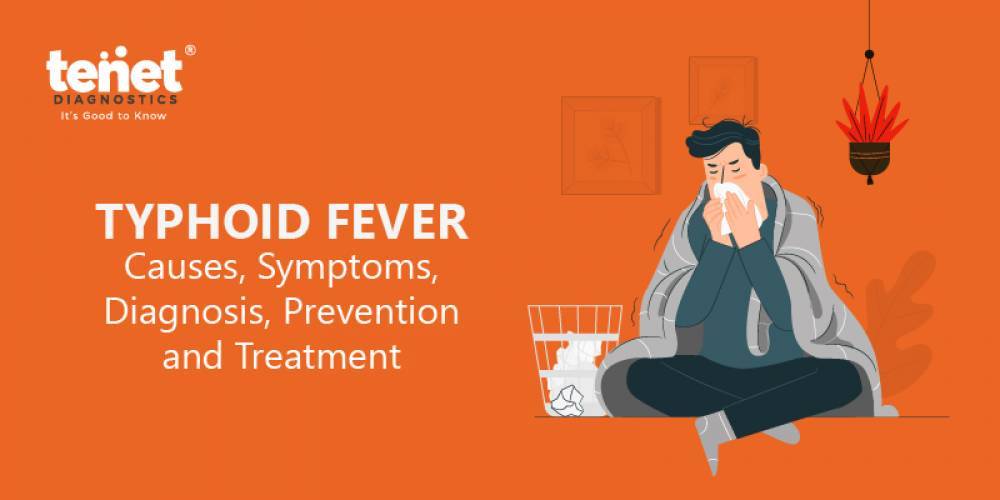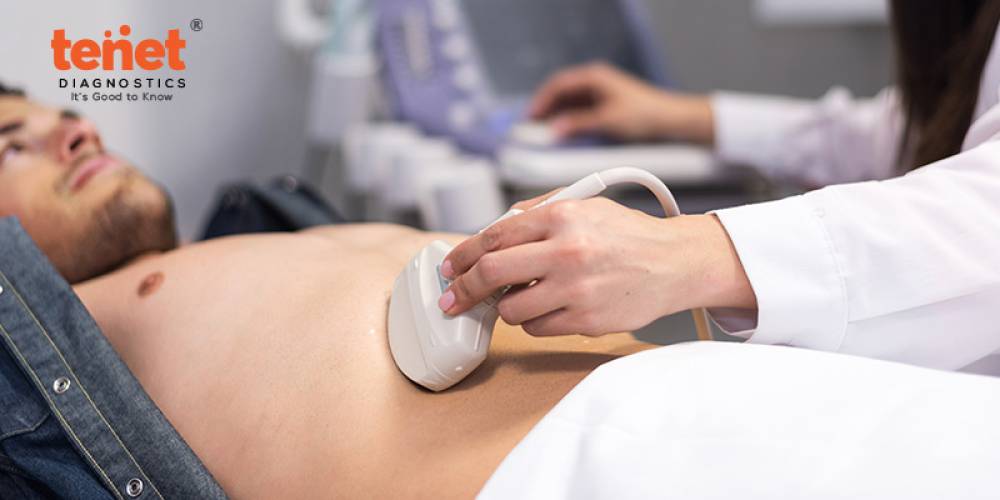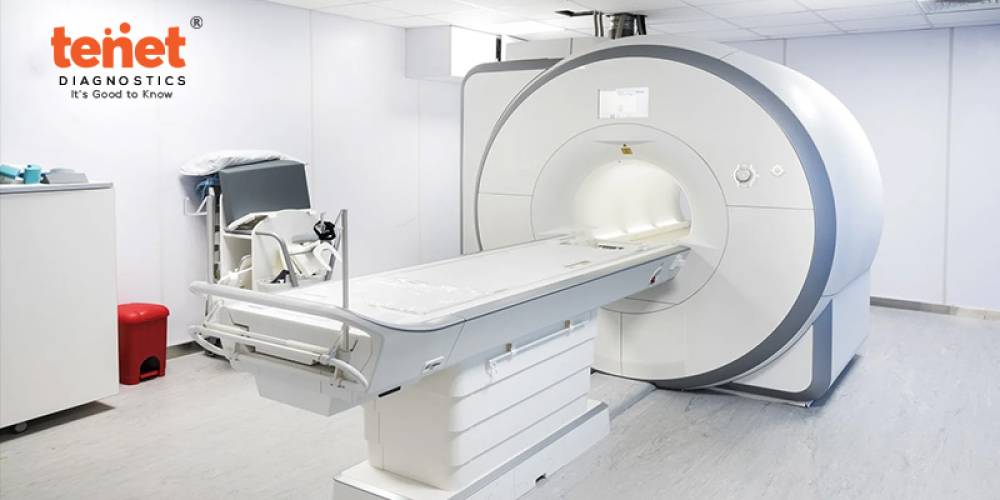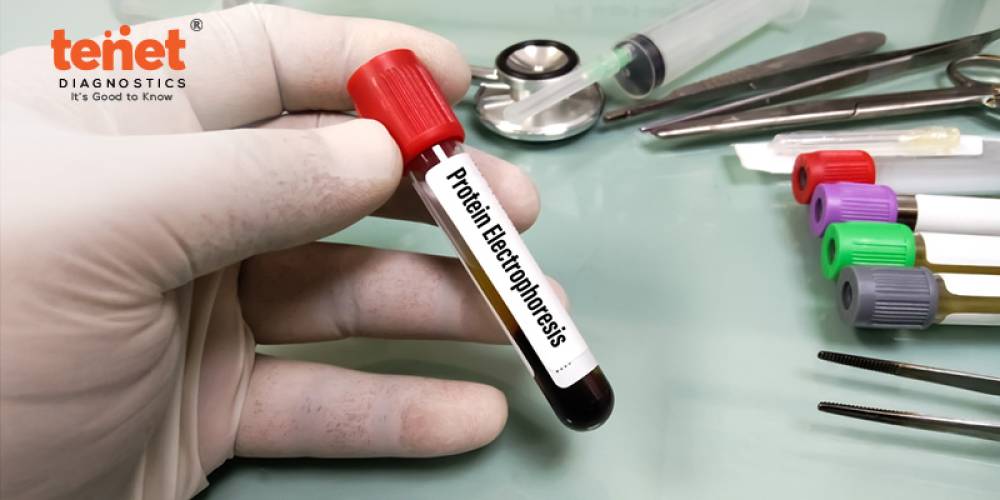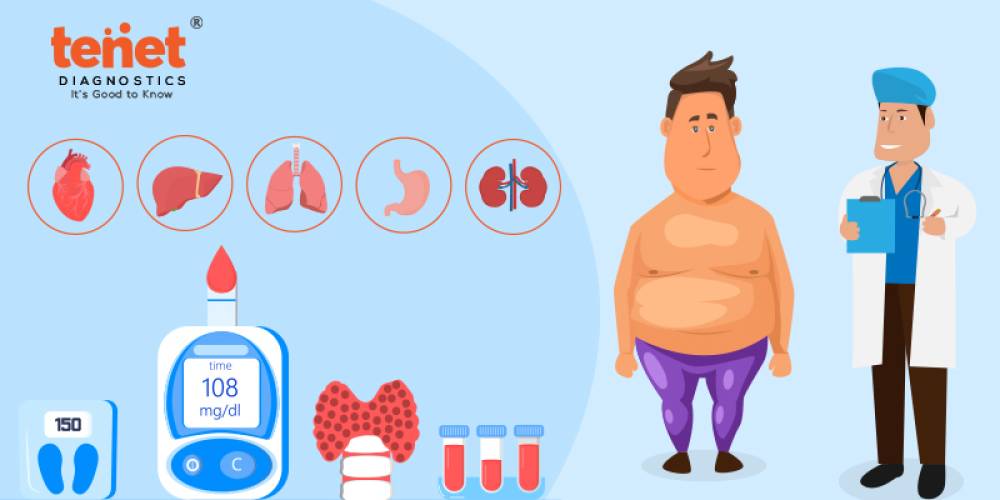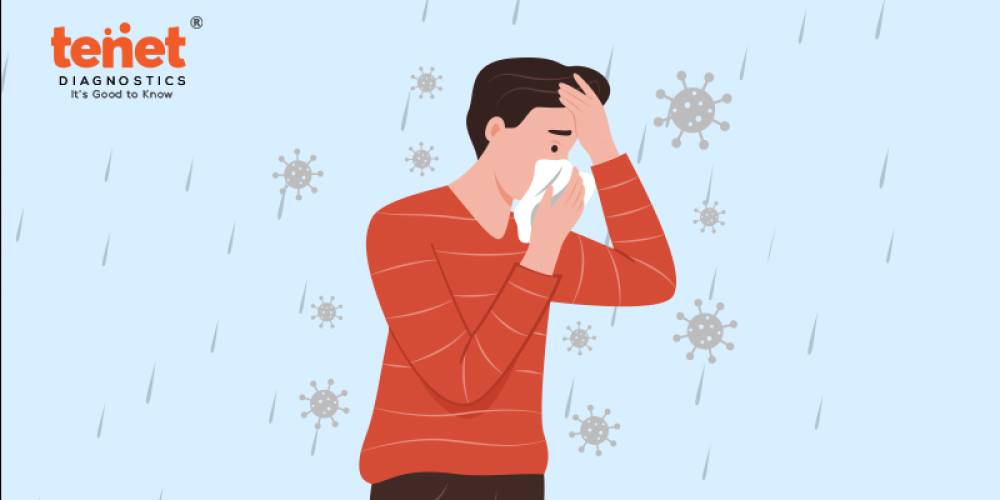Typhoid Fever is caused by the Salmonella enterica serotype Typhi bacteria and Salmonella paratyphi. The bacteria gets accumulated in water or food by a human carrier and are then spread to other people. It is reported that about 3% to 5% of people become carriers of bacteria after the acute illness. Others suffer mild illness which might become long-term carriers of the bacteria.
The typhoid fever occurs in different stages starting from fever, malaise to diffuse abdominal pain, and constipation. Typhoid and Paratyphoid are the two types of typhoid fever. An improvement in the fever condition occurs in the third and fourth week. It is quite possible that there can be recurrent symptoms. This is more common in patients treated with antibiotics.
A Typhoid Fever test will be recommended by the doctor to check for the prevalence of the disease, in case you might have symptoms.
To know the details on Typhoid Fever, let us read further about typhoid fever causes, symptoms, and much more.
What Are the Symptoms of Typhoid Fever?
The incubation period for the fever is usually 1-2 weeks while the duration of the illness is about 3-4 weeks. Some of the common symptoms include:-
- Low appetite
- Frequent Headaches
- Body aches
- High Fever
- Laziness
- Diarrhea
Other than the symptoms mentioned above, chest congestion may be experienced by some people. Abdominal pain and uneasiness are also a few common symptoms.
How Is Typhoid Fever Diagnosed?
A diagnosis of typhoid fever can be performed by analysing samples of blood or urine. These components will be examined under a microscope to check for the presence of Salmonella typhi responsible for the medical condition.
In many cases, the bacteria may not be detected the first time. In such circumstances, you may need to have a series of typhoid fever tests. And also some other method could find of typhoid test a sample of Widal Test, Blood Cultures, Stool Cultures and Typhi IgM test to be detected.
When typhoid fever is confirmed, other family members may also need to be tested since you might have possibly passed the infection on to them.
How Is Typhoid Fever Treated?
Typhoid fever is treated effectively with antibiotics which kills the Salmonella bacteria. Before the usage of antibiotics, the fatality rate was about 20%. A majority of deaths occurred from pneumonia, intestinal bleeding, or intestinal perforation. Now, due to the use of antibiotics and appropriate supportive care, mortality has been reduced to 1%-2%. There is usually improvement within one to two days and recovery within seven to 10 days as a result of antibiotic therapy.
Chloramphenicol was the original antibiotic choice for many years to treat typhoid. Because of rare serious side effects, it has been replaced by other effective antibiotics. The choice for the type of antibiotics is guided by identifying the geographic region in which the infection was contracted. If relapses occur typhoid fever patients are retreated with antibiotics.
Those who become constantly ill can be treated with prolonged antibiotics. In certain cases, removal of the gallbladder, the site of chronic infection will provide an effective cure.
Complications
Intestinal bleeding is the most serious complication of typhoid fever which develops in the third week of illness. In this medical condition, the small intestine or large bowel develops a hole, and as a result of which elements from the intestine leak into the stomach. This can cause severe stomach pain, nausea, vomiting and bloodstream infection. All of these life-threatening complications of typhoid fever require immediate medical care.
Other possible complications include inflammation of the heart muscle and lining of the heart and valves, infection of major blood vessels, pneumonia, pancreatitis, kidney or bladder infections, meningitis and some of the psychiatric problems, such as hallucinations and paranoid psychosis.
With quick treatment, patients can successfully recover from typhoid fever. However, if timely treatment is not provided, some people may not survive complications of the disease.
Prevention
For the prevention of typhoid fever, improved sanitation, consumption of clean water and adequate medical care is a must. In places where these preventive steps may be difficult to achieve, vaccines are the best way to control typhoid fever. It is also recommended if you live in or are traveling to areas where the risk of getting typhoid fever is high. This can be successfully achieved by oral medication or an injection 2 weeks before travel.
Although vaccines are not 100 percent effective. So, caution should still be exercised when eating and drinking. You must note that vaccination should not be started if an individual is currently ill or a patient is under 6 years of age.
If you notice some significant symptoms of the typhoid fever, you must consult a doctor at the earliest and undergo the required tests for confirmation and suitable treatment.

